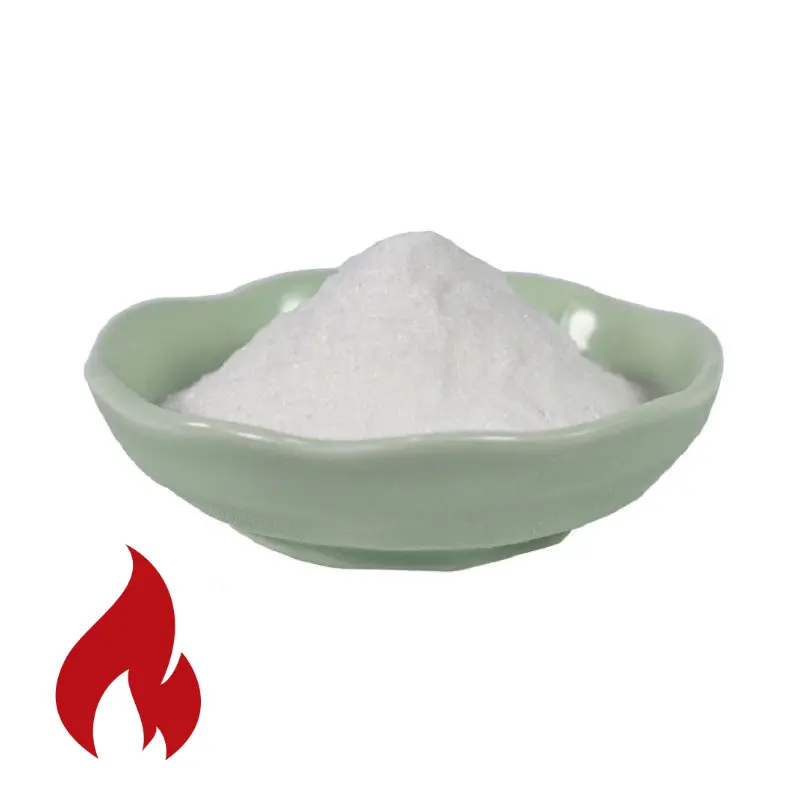With the development of society, people’s demand for tires is increasing, from the former bicycle, car, agricultural vehicles to the current baby car, toy car, balance car and other various products, according to the different uses of the tire requirements are not the same. Lightweight magnesium oxide is a very important material added into it.
First, the basic concept of lightweight magnesium oxide
Light magnesium oxide is a kind of odorless, tasteless, non-toxic, white loose amorphous powder. The volume occupied by lightweight is about three times of heavy magnesium oxide, which is an important inorganic compound. Widely used in tires, rubber, ceramics, building materials, metallurgy, chemical, food, medicine and other industries.
Second, the role of light magnesium oxide added in the tire
The addition of light magnesium oxide in the tire production process will play a coking agent, vulcanization accelerator, acid-absorbing agent, filler, high temperature resistance, fire retardant, corrosion resistance. Secondly, light magnesium oxide has a certain activity is conducive to improve product quality, can prolong the coking time to improve the flexibility and abrasion resistance of the product. Furthermore, the addition of light magnesium oxide can accurately control the rubber content and adhesive properties of tires, effectively improve the physical properties of rubber, control tensile strength and dynamic compression deformation and heat problems, which can reduce the emergence of quality problems. In turn, also try to avoid the vehicle in high-speed operation or loaded with heavy loads when there is a flat tire and off the hub of the situation.

Third, precautions
Lightweight magnesium oxide in the use of the process there are many details should not be ignored. First of all, pay attention to moisture treatment. Light magnesium oxide once damp, hydrochloric acid insoluble matter, water soluble matter is too high will appear blistering, blistering and so on; Secondly, the magnesium oxide content is too low will affect its toughness and abrasion resistance; Once again, the calcium content is too high will produce fracture; Finally, if the light magnesium oxide add too little, the crosslinking density increases at the same time will lead to the scorching time and the positive vulcanization time to shorten the impact of the product’s tensile strength, the fixed tensile stress and the hardness, tensile rate. The tensile strength, constant tensile stress and hardness, and tensile rate are affected. So pay special attention when selecting and storing the product!

